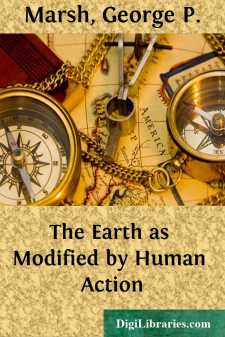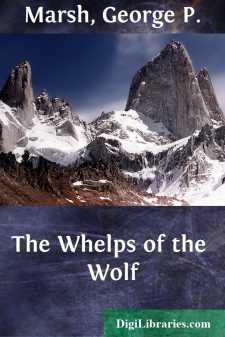Categories
- Antiques & Collectibles 13
- Architecture 36
- Art 48
- Bibles 22
- Biography & Autobiography 813
- Body, Mind & Spirit 142
- Business & Economics 28
- Children's Books 15
- Children's Fiction 12
- Computers 4
- Cooking 94
- Crafts & Hobbies 4
- Drama 346
- Education 46
- Family & Relationships 57
- Fiction 11828
- Games 19
- Gardening 17
- Health & Fitness 34
- History 1377
- House & Home 1
- Humor 147
- Juvenile Fiction 1873
- Juvenile Nonfiction 202
- Language Arts & Disciplines 88
- Law 16
- Literary Collections 686
- Literary Criticism 179
- Mathematics 13
- Medical 41
- Music 40
- Nature 179
- Non-Classifiable 1768
- Performing Arts 7
- Periodicals 1453
- Philosophy 64
- Photography 2
- Poetry 896
- Political Science 203
- Psychology 42
- Reference 154
- Religion 513
- Science 126
- Self-Help 84
- Social Science 81
- Sports & Recreation 34
- Study Aids 3
- Technology & Engineering 59
- Transportation 23
- Travel 463
- True Crime 29
George P. Marsh
George Perkins Marsh (1801–1882) was an American diplomat, philologist, and one of the first environmentalists. He is best known for his groundbreaking book "Man and Nature" (1864), which highlighted the destructive impact of human activities on the environment. Marsh argued that deforestation, soil erosion, and other forms of environmental degradation were consequences of human actions and needed urgent attention. His work laid the foundation for modern conservation movements and influenced the development of environmental policies.
Author's Books:
Sort by:
by:
George P. Marsh
CHAPTER 1. INTRODUCTORY. Natural Advantages of the Territory of the Roman Empire.—Physical Decayof that Territory.—Causes of the Decay.—Reaction of Man on Nature.—Observation of Nature.—Uncertainty of Our Historical Knowledge ofAncient Climates.—Uncertainty of Modern Meteorology.—Stability ofNature.—Formation of Bogs—Natural Conditions Favorable to...
more...
by:
George P. Marsh
CHAPTER I THE LAND OF THE WINDIGO The solitudes of the East Coast had shaken off the grip of the long snows. A thousand streams and rivers choked with snow water from bleak Ungava hills plunged and foamed and raced into the west, seeking the salt Hudson's Bay, the "Big Water" of the Crees. In the lakes the honeycombed ice was daily fading under the strengthening sun. Already, here and...
more...



